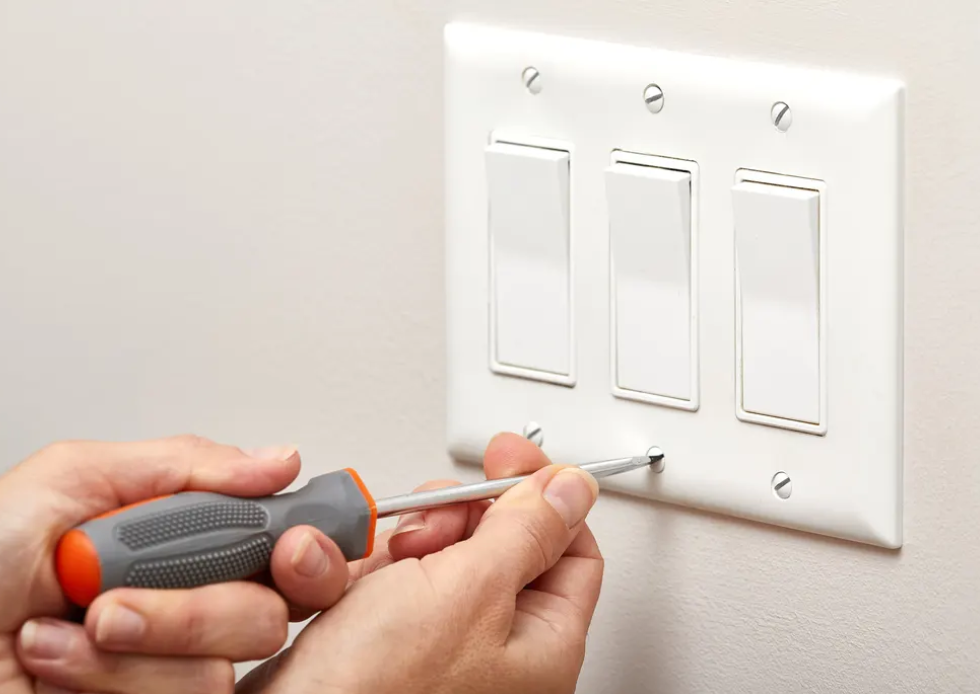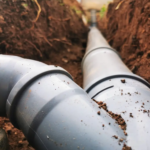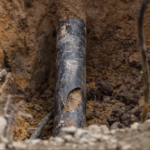Your home’s electrical wiring is the backbone of your energy system, powering everything from lighting to appliances. Yet, many homeowners overlook critical issues that inevitably lead to wiring damage. Here, your trusted provider of electrical outlet & switch services, identifies issues that can jeopardize your home’s safety and efficiency.
Faulty Outlets and Switches
Life without outlets and switches is difficult to imagine given their usefulness. However, when they’re faulty, they can pose serious risks to your wiring.
Loose connections, for example, can lead to sparking and heat buildup, which damages the surrounding wires over time. Additionally, malfunctioning outlets point to underlying wiring issues that require immediate attention.
Why it matters: Ignoring faulty outlets or switches leads to short circuits and potential fires.
What you can do: Regularly inspect your outlets and switches for signs of wear, such as discoloration, buzzing sounds, or difficulty in plugging in devices. If you notice any of these signs, consult an electrician to prevent further damage.
Outdated Wiring in Older Homes
Older homes, often riddled with outdated wiring systems, are not designed to handle modern energy demands. Common issues include aluminum wiring, knob-and-tube systems, or insulation that has degraded over time. These outdated systems can overheat and pose fire hazards.
Why it matters: Outdated wiring is a leading cause of electrical fires. It also struggles to support today’s energy-intensive appliances, leading to frequent outages or damaged devices.
What you can do: Schedule an electrical inspection if your home is over 30 years old or if you’ve noticed flickering lights and frequent breaker trips. Upgrading to modern wiring not only improves safety but also boosts efficiency.
Overloaded Circuits
Plugging too many devices into a single outlet or circuit can overload your electrical system. Overloaded circuits generate excess heat. One worst-case scenario of overloading circuits is melted wiring insulation, leading to short circuits.
Why it matters: Overloaded circuits damage wiring, increase fire risks, and even harm the devices connected to them.
What you can do: Avoid daisy-chaining power strips and be sure to plug high-energy devices like space heaters or refrigerators into dedicated circuits. If your household energy needs exceed your system’s capacity, consider upgrading your electrical panel.
Environmental Factors
Your wiring is susceptible to environmental conditions. Humidity, pests, and physical damage are the most likely factors that can have an irreversible impact on your wiring.
Why it matters: Damaged wiring from environmental factors often goes unnoticed until a significant problem arises, such as a power outage or sparking.
What you can do: Protect your wiring by sealing entry points to prevent pests and keeping wires protected against moisture. During home renovations, work with professionals to avoid accidental damage.
DIY Repairs Gone Wrong
While DIY projects can save money, attempting an electrical outlet repair without proper knowledge can cause more harm than good. Incorrectly installed wiring or subpar materials can lead to ongoing issues, including overheating, short circuits, and even electrical fires.
Why it matters: Nonprofessional work often fails to meet safety standards, resulting in unreliable and unsafe wiring.
What you can do: Always hire a licensed electrician for repairs, installations, or upgrades. Their expertise is key to keeping your system functional and compliant with local codes.
Consequences of Neglecting Wiring Issues
Failing to address common electrical issues promptly can have far-reaching repercussions, such as:
- Safety Risks: Wiring damage increases the likelihood of electrical fires, shocks, and other hazards.
- Higher Costs: Delayed repairs often result in more extensive and expensive work.
- Energy Inefficiency: Damaged wiring can lead to energy waste, driving up utility bills.
Proactive Maintenance: The Key to Longevity
Regular electrical inspections and maintenance are your best defense against wiring damage. Be on the lookout for licensed electricians who offer electrical switch and outlet wiring services. They can identify potential problems and replace outdated components, making sure your system is ready to handle your home’s energy needs.
Why it matters: Proactive maintenance not only protects your home but also extends the lifespan of your electrical system, reducing long-term costs.
What you can do: Schedule routine inspections, especially if your home is older or you’ve recently added energy-intensive appliances. Maintain a checklist to monitor the condition of outlets, switches, and circuits.
Electrical wiring damage is preventable with the right knowledge and timely action. By addressing issues like faulty outlets, outdated systems, and environmental risks, you can safeguard your home’s energy system and ensure it runs efficiently. Remember, electrical repairs are best left to professionals who can provide lasting solutions.
Small issues can become major problems—don’t let it happen. Contact a licensed electrician today for a thorough assessment of your home’s wiring system.




